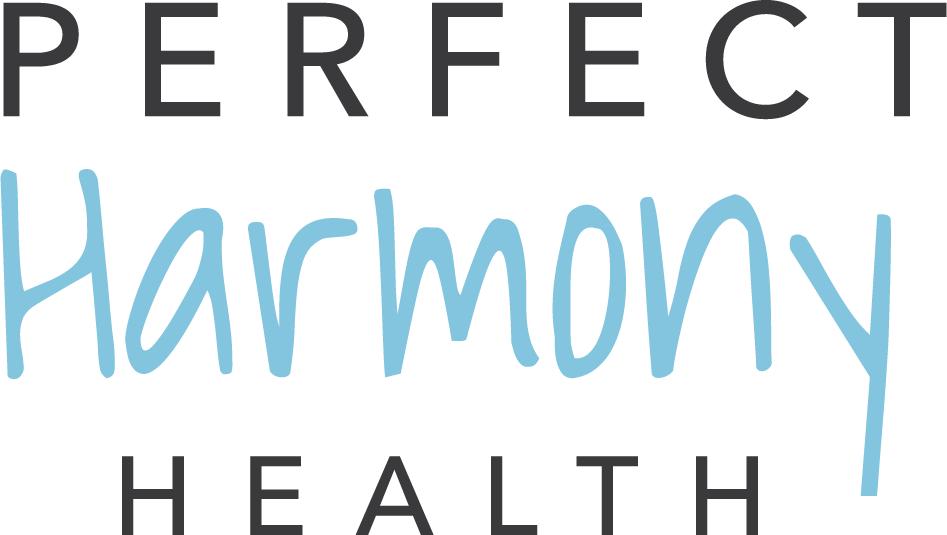Free Essential Resources for Music Therapy Students, Interns, and Professionals
Music therapy is a dynamic and evolving field, blending creativity with clinical expertise. Whether you are a student, an intern, or a seasoned professional, staying informed and resourceful is crucial for success. This post outlines key resources that I have utilized during my internship that may help you thrive at every stage of your music therapy journey, without spending a cent.
1. Monkey Pen - free children’s books
Incorporating children’s books in sessions can be a powerful way to engage young clients. Storybooks naturally lend themselves to creative interventions, blending rhythm, melody, and lyrics with the narrative themes. Even if your site does not offer books, or perhaps does not have many options, Monkeypen.com offers a treasure trove of children’s books that can enrich your session in the following ways:
Song writing: Turn the book’s main message or storyline into a simple, child-friendly song
Lyric Analysis: Help children process emotions or situations depicted in the book through guided discussion set to music
Soundscapes: Create musical accompaniments for key parts of the story, encouraging active participation as the child plays an instrument to mimic actions or moods within the story
Call-and-response exercises: Encourage the child to respond to moments in the story, fostering self-expression and communication skills
2. Beth’s Notes Plus - Music Materials
Though this online resource was intended for music educators, it also serves as a goldmine for music therapists. With a focus on folk songs, multicultural music, and music education materials, bethsnotesplus.com offers a wide range of tools and ideas that may enhance your sessions. I have been utilizing this resource since my undergraduate studies, using the materials to come up with new creative ideas and expand my repertoire. Resources include a vast library of songs, ready-made sheet music, visual aids, and theme ideas that support a wide-range of clients.
Developing Motor Skills: Movement-based activities, such as action songs or dance, may promote coordination and physical engagement
Cognitive Goals: Games involving rhythm and repetition can enhance memory and sequencing skills
Social Skills: Group activities encourage collaboration, turn-taking, and communication
3. Musictheory.net and Musicca.com - Music Theory Exercises
Music theory becomes accessible through resources like musictheory.net and musicca.com that offer interactive tools and exercises that can enhance music skills and concepts discussed in sessions. Whether working with children, adolescents, or adults, this website provides practical ways to integrate music theory into sessions in a way that is engaging and educational no matter the learner’s level. Musictheory.net focuses on core topics like notes, intervals, scales, chords, and rhythm with interactive visuals and self-paced progression. Musicca.com includes similar topics with an intuitive interface, adding exercises in ear training and piano-specific tutorials to enhance learning. Both can be utilized therapeutically to work on the following skills:
Build confidence: Help clients develop a sense of accomplishment by mastering basic musical concepts like scales, chords, and rhythm
Foster cognitive growth: Strengthen attention, memory, and problem-solving skills through interactive activities such as interval recognition and note reading
Improve fine motor skills: Practice selecting responses on a device with individualized digits, or pair note-reading exercises with instrument play to reinforce motor coordination
4. Super Simple Songs - Songs for Children
SuperSimple.com is a rich resource offering engaging songs, videos, and activities designed for young learners. If you have just started working with younger populations, or you find yourself getting tired of using the same songs, this resource is a great way to expand your repertoire and come up with new ideas. The songs utilize simple lyrics and repetitive structures, ideal for working with young populations to work on the following skills:
Language Development: With songs that focus on basic vocabulary, such as colors, shapes, and numbers, the clients can work on speech and language goals that will apply to everyday life
Cognitive Engagement: The repetitive and structured nature of the songs help clients improve memory, attention, and sequencing skills
Social Skills: Many of the songs involve turn-taking, group participation, and imitation to build interpersonal connections
5. Jog FM - Songs with Specific BPM
Music is a powerful motivator, and for many, the right rhythm and tempo can inspire movement, focus, and emotional connection. Jog.fm, a website designed to match songs with specific walking, jogging, and running paces, can be an innovative tool in music therapy, especially when working with clients on physical, sensory, or cognitive goals. I have used this website many times when I quickly need to find a variety of songs at any given tempo and I believe it is an excellent tool that can be used for the following skills:
Gait training: Clients working on walking or running can use songs with tempos that match their target step cadence, promoting consistent and rhythmic movement.
Exercise and rehabilitation: Can use Jog.fm to create playlists that energize and motivate clients during physical activities
Energy regulation: High-BPM songs can energize clients during active sessions, while slower tempos can help transition to slower paced activities
Motor coordination and cognitive focus: Help clients synchronize their movements to a steady beat and use rhythmic entrainment to boost concentration and reduce distractions during tasks
A client’s success in music therapy requires continuous learning, creativity, and connection. Whether you’re just starting or are a seasoned practitioner, I hope these resources will help you grow and make a meaningful impact.

